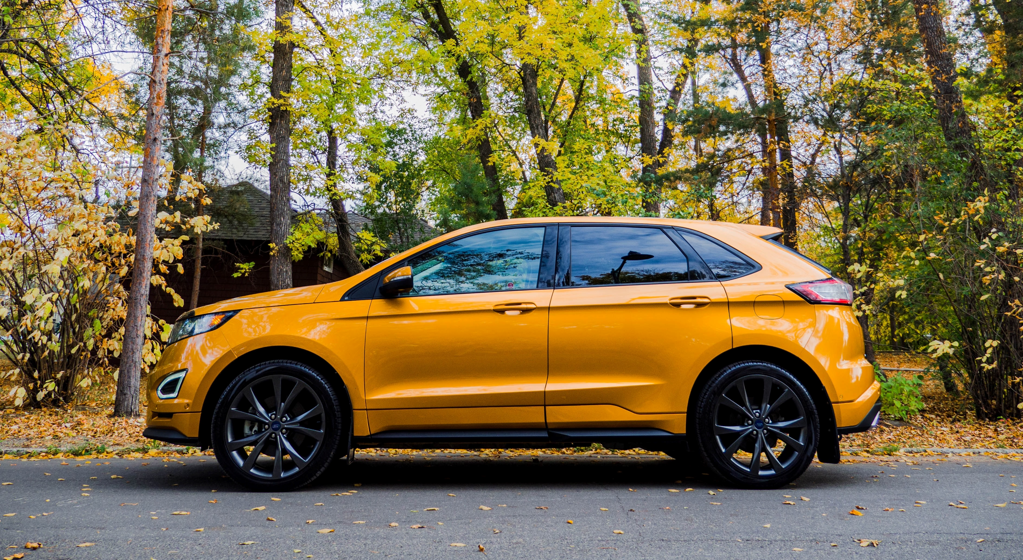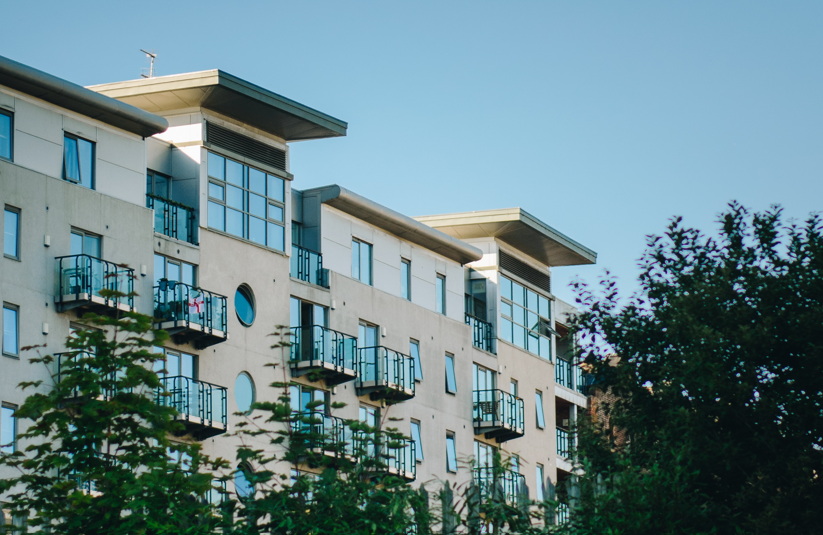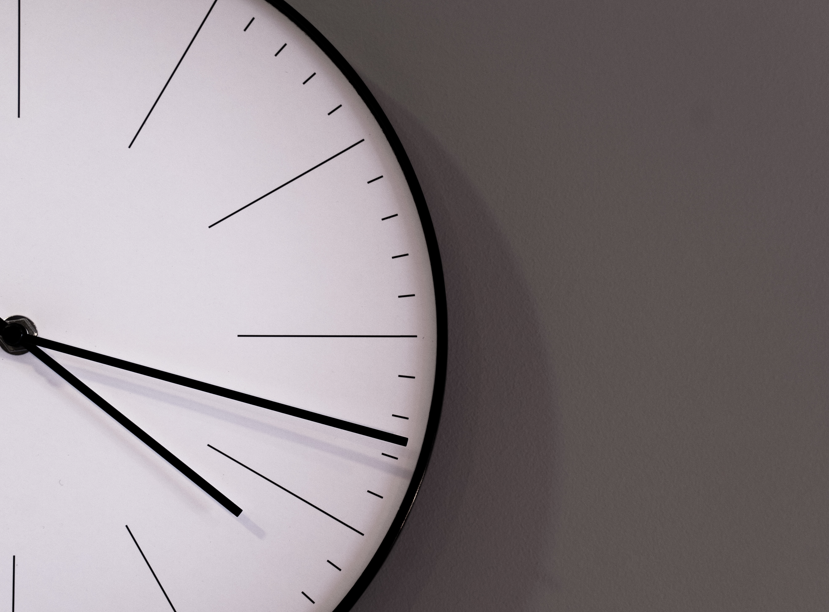My wife and I have just retired; we’re thinking about getting a new car, but we can’t agree on whether to buy or lease. Is one option better than the other? What are the pros and cons? Is one less expensive than the other?
By Olev Edur
As to which is better, that’s as much a matter of preference as of money. Some people simply prefer to drive new or almost new cars, regardless of the costs involved, and so they’ll either lease their cars or buy and replace them every few years. In this case, the cost comparison could go either way and would depend on lease cost versus purchase price, trade-in versus buy-back (or, residual) value, and how long the lease lasts versus how long you own the car before replacing it.
However, if you want the less expensive option, then buying a car and holding onto it for as long as possible is almost certainly the way to go. The actual dollars-and-cents equation depends on a number of factors— primarily the reliability of the vehicle purchased. This depends on the make and model of the vehicle, as well as on maintenance history, driving habits, and driving conditions. (Road salt, for example, or excessive sand and dust can reduce a car’s lifespan.)
In general, though, it’s fairly easy to see why “buy and hold” is less costly than leasing. According to edmunds.com, a California-based automotive research firm, the residual value on a three-year lease tends to be around 50 per cent of the purchase price; that means that in three years, you’ll have paid for more than half the cost of the vehicle (given that the lessor certainly will want to have made a profit on the transaction). If you then take out a new lease, you start paying that amount again.
In other words, you’ll be paying more than half the value of a new car every three years, which means that over two lease terms, you’ll have paid more than the full cost of a new car. (Some leases run four years or even longer, but then the residual value will be lower, so the overall equation doesn’t change that much.)
When you buy and hold, however, you pay the full price of the car once and that’s it for the lifetime of the vehicle. And these days, cars are lasting longer than ever. According to DesRosiers Automotive Consultants in Richmond Hill, Ont., Canadians keep a vehicle for an average of nine years, but more than 50 per cent of the vehicles on our roads survive 15 years of ownership, up from only one-third in 2000. After 15 years of leasing, you’ll have paid for the equivalent of two and a half cars.
It’s true that if you keep a car for 15 years, you’re going to have ongoing repair and maintenance costs to consider, but if you choose a vehicle with a good record of reliability and maintain it properly, the total cost will still be significantly less than if you lease and replace every few years.





